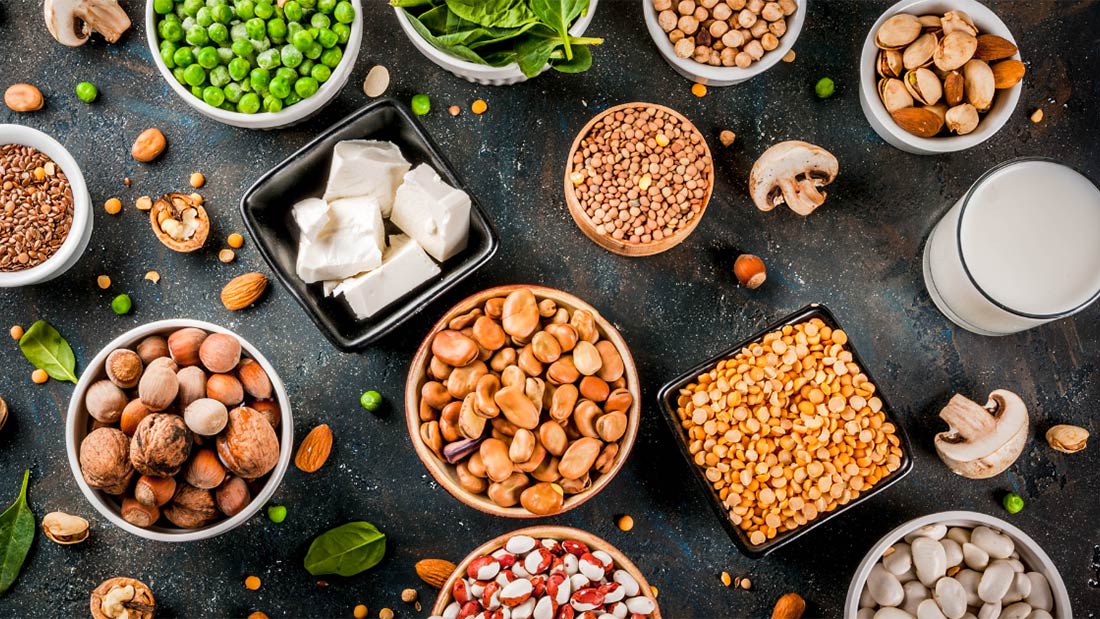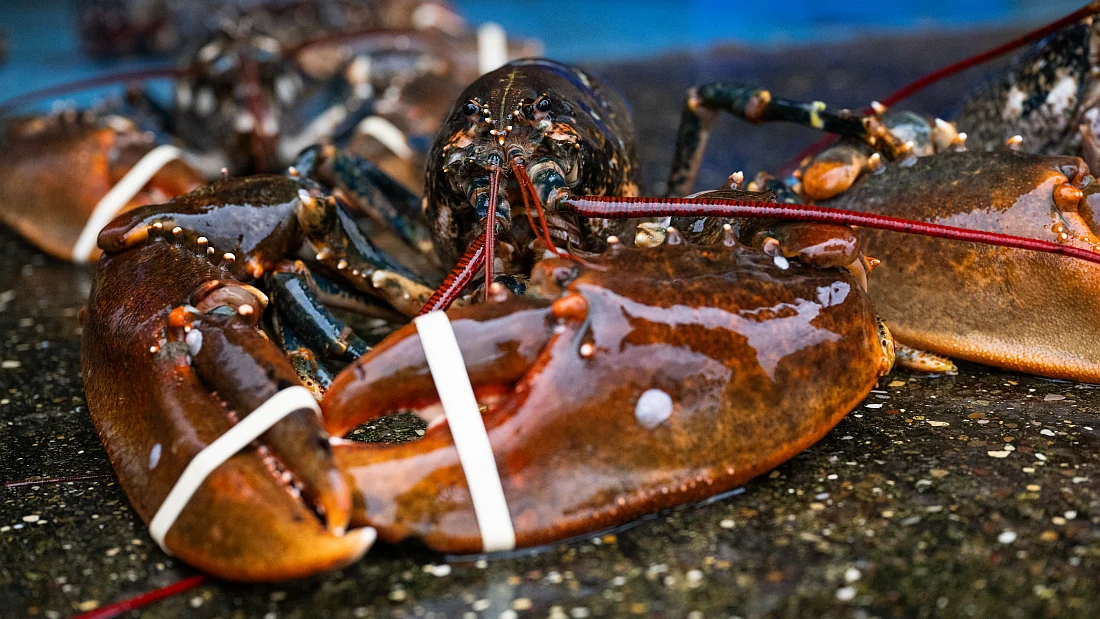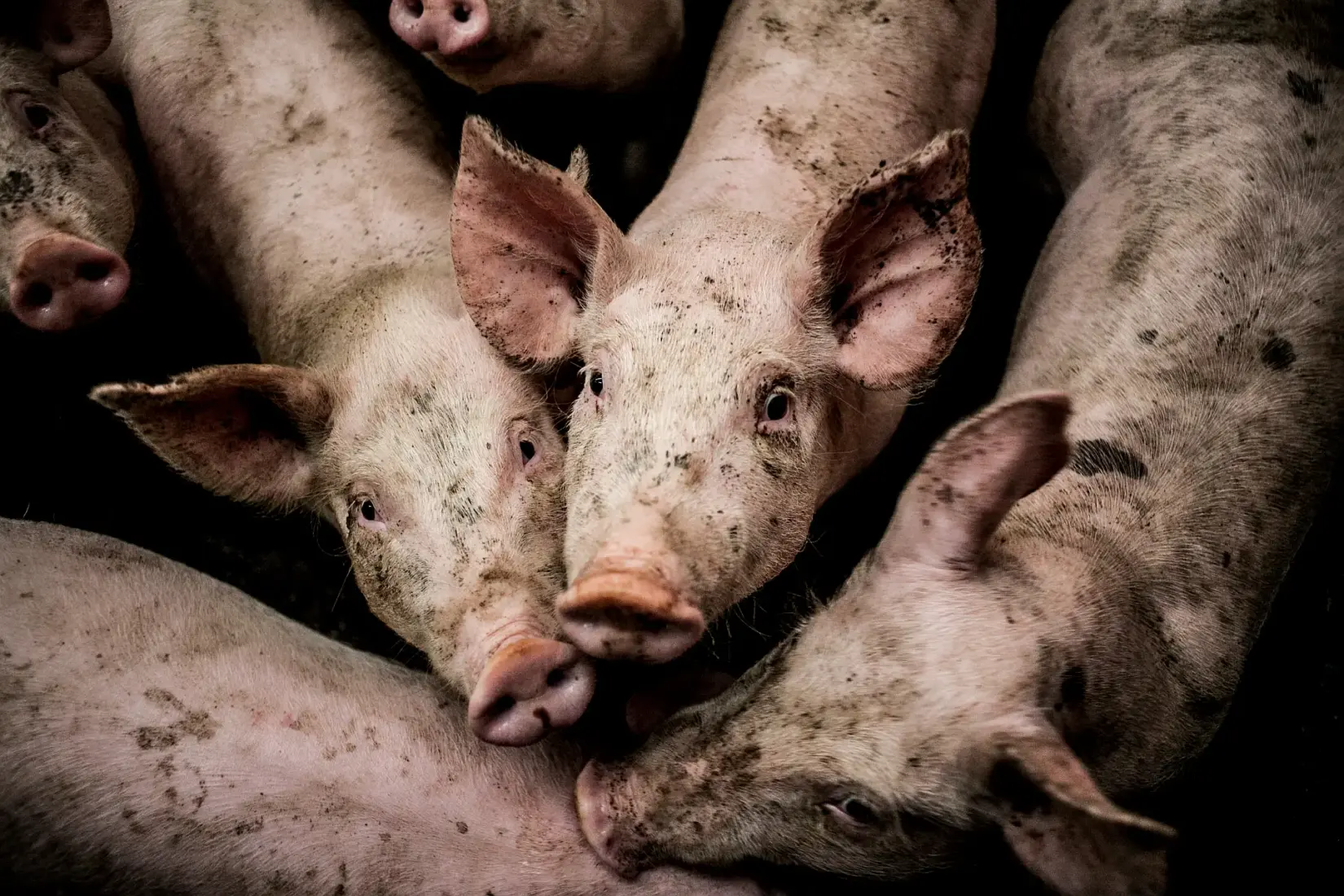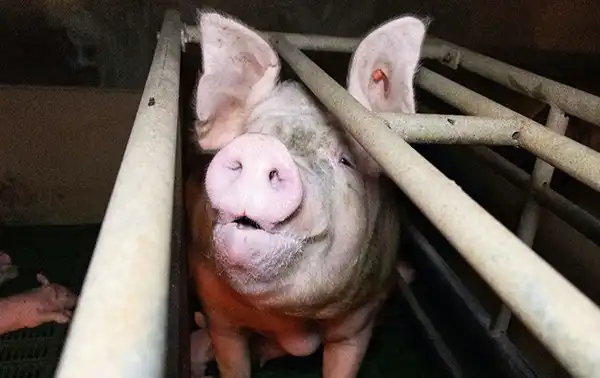Viva! Response: BBC Radio 4 ‘Start the Week’

Viva! responds to the vegan misinformation in BBC Radio 4’s ‘Start the Week’, published on 21 October 2019
I was shocked and dismayed by your recent discussion of veganism on BBC Radio 4 ‘Start the Week’ with Kirsty Wark and Joanna Blythman.
Never before have I heard such blatant misinformation and biased reporting from the BBC. The presenters managed to make wild, unsubstantiated claims on all aspects of veganism – from the environment to nutrition, and even human rights and culture! How ironic to state that “there is a plethora of information out there yet very little of it is authenticated” when the BBC themselves are sharing misinformation and presenting it as fact.
Have you forgotten that we are in the middle of a climate emergency? Animal agriculture is causing the world’s sixth mass extinction and has far-reaching impacts on deforestation, water shortages and pollution. This is not opinion; this is fact, as reported by the United Nation’s IPCC reports amongst others. Instead of discussing these negative impacts of meat and dairy, you decided to label avocados and jackfruit as destroying the planet – what a scapegoat! Livestock requires a quarter of the world’s freshwater supply – so much of our precious water is used to grow soya and other crops for animal feed, not avocados.
We have a public health crisis on our hands, with heart disease, diabetes and obesity putting increasing pressure on our already overstretched NHS. Additionally, there are massive human rights violations committed through animal agriculture, from PTSD and abysmal working conditions for slaughterhouse workers to global food shortages caused by inefficient animal farming. These problems could easily be solved by the widespread adoption of a vegan diet – because feeding crops directly to people instead of to animals would produce enough food to feed an additional four billion people. Research shows that animal agriculture lies at the heart of all these global emergencies. Not, as your programme so insolently claimed, by “men in white coats”.
The claim that plant-based food cannot compete with meat in terms of nutritional content is preposterous. A varied vegan diet has no cholesterol and yet is high in essential nutrients, fibre, and healthy carbohydrates, and of course, protein! It has been proven to lower blood pressure, the risk of heart disease, type 2 diabetes, and some cancers. Meat and dairy, on the other hand, have been directly linked to obesity, heart disease and several types of cancer.
And as for B12 – traditionally people and farmed animals got B12 from eating food from the ground. However, now food production systems are so sanitised, we need to take a supplement. Animal products contain vitamin B12 because the animals are given supplements in their feed too. Around 80 per cent of global production of B12 is in France and over half of that is used to supplement animal feed. This makes the recommendation to eat animal products to obtain B12 somewhat invalid.
You wrongly claimed that young vegan women who, in your words, “hopefully want to have babies at some point” (that’s a whole other discussion!) lack iron and therefore will have fertility issues. Iron can be easily obtained through dried fruits, green leafy vegetables, pulses and wholegrains. In fact, vegans are often more aware of their nutritional requirements and so make a conscious effort to ensure they have enough iron. The huge EPIC Oxford study (the largest study of vegetarians and vegan ever undertaken) found that vegans got more iron in their diets than vegetarians, fish-eaters and meat-eaters – who incidentally came last!
I was most disappointed by your argument that vegans have “lost the joy of eating” and that we should look at the “eating patterns that have sustained diverse populations around the world for millennia and learn from those”. Veganism is not some food fad touted by Westerners. It has roots in cultures around the world, from Buddhism, Hinduism and Jainism, to Ital Rastafarians and Jewish vegetarianism. Looking even further back in time, well-renowned archaeologists and anthropologists, including Dr Richard Leakey, have found that our prehistoric ancestors relied on plant-based diets. Our evolution has long been supported by nuts, seeds, fruit and vegetables. This can be seen in our modern anatomy – herbivorous teeth and long digestive systems – and in microscopic fossil evidence. Recent evidence shows that both our Neolithic and Palaeolithic ancestors relied much more heavily on a plant-based diet than previously thought. We share far more physical characteristic with herbivores than carnivores. Clearly, veganism is not a modern phenomenon but a core part of our cultural heritage.
The BBC has a duty to provide accurate, balanced information which is in the interest of the public. You failed to provide a counter-argument to the unsubstantiated claims made in this show. Yet, isn’t it strange when groups like Viva! are invited to speak, we are always “claiming” that animal agriculture is destroying the planet? This is not only misleading, but irresponsible and dangerous.
I strongly urge you to consider who you invite to panel discussions about veganism. I also request that you issue a public correction on all of the above points. Veganism is not a trend which can be dismissed with a blasé wave of your hand. It is the future. Culture adapts to our growing needs, it is high time that the BBC adapts too.
We are available for comment on this piece, please email our PR & Marketing Manager on roisin@viva.org.uk
You can help us by submitting this complaint to BBC Radio 4. Send an email now to starttheweek@bbc.co.uk, submit an online complaint at www.bbc.co.uk/contact/complaints or tweet @BBCRadio4 with #bbcstw




